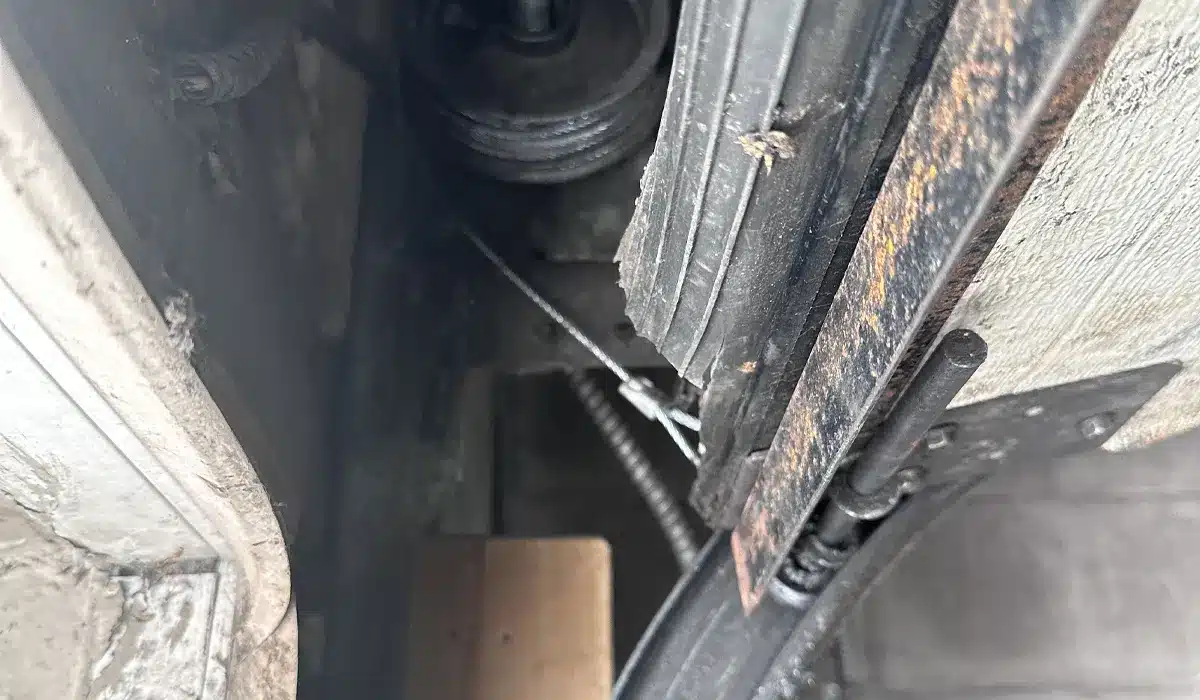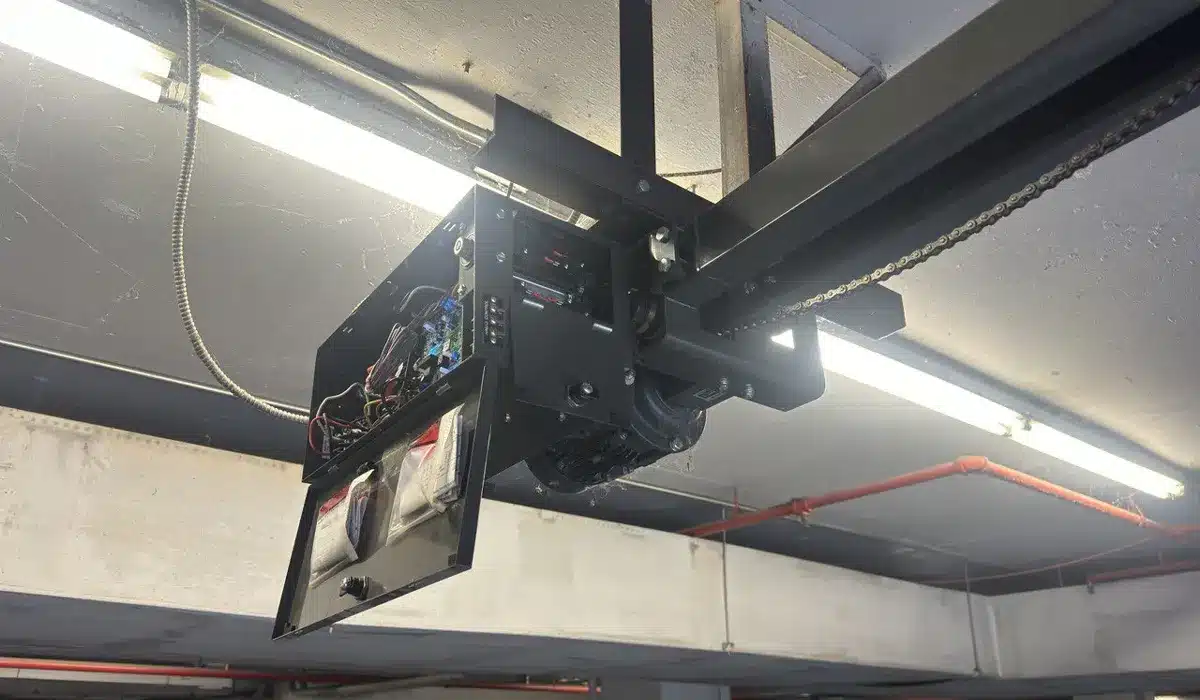
Why Won't My Garage Door Close?
Garage doors are a vital part of our daily routine, but we often take them for granted until something goes wrong. A garage door that won’t close can be more than just an inconvenience; it can pose a significant safety risk. Addressing the issue promptly and correctly is essential. Let’s explore the common reasons why your garage door might not close and what steps you can take to fix it.
Common Reasons for a Garage Door Not Closing
1. Obstructions or Misaligned Sensors
- Objects Blocking the Track: Check if anything is obstructing the garage door track or sensors. Even small items can prevent the door from closing properly.
- Misaligned Sensors: The safety sensors located on either side of the door near the ground send an invisible beam to each other. If these sensors are misaligned, the door won’t close for safety reasons. Adjusting the sensors so they face each other can often resolve the issue.
2. Damaged or Misaligned Tracks
- Inspect the tracks for any bends, dents, or obstructions. Misaligned or damaged tracks can hinder the door’s operation. This issue typically requires professional repair.
3. Faulty or Improperly Adjusted Opener
- The garage door opener may need adjustments or repairs. If the opener is not functioning correctly, it can prevent the door from closing. This often requires the expertise of a trained technician.
4. Tangled or Damaged Elevator Cable
- The elevator cable, which helps lift the door, can become tangled or damaged. Do not attempt to repair this yourself, as the cables are under high tension and can cause serious injury. A professional technician should handle this repair.
5. Electronic Eye Sensor Issues
- The electronic eye, a safety feature, can sometimes prevent the door from closing. Ensure that the sensors are clean and aligned. If the receiving sensor doesn’t detect the beam from the transmitting sensor, the door won’t close.

Troubleshooting Steps
Step 1: Look Around for Obstructions
Inspect the area around the garage door for any obstructions. Ensure that the tracks and sensors are clear of debris and that the cables are neatly wound around the drum.
Step 2: Check the Door Sensors
Ensure the garage door sensors are clean and aligned. If they are misaligned, adjust them so they face each other directly. Misaligned sensors are a common cause of garage door issues and can often be fixed with a simple adjustment.
Step 3: Use the Garage Door Wall Control
Try using the wall control to close the door. If the door closes with the wall control but not with the remote, the issue might be with the remote. Replacing the remote’s battery might solve the problem. If not, the remote may need to be replaced.
Step 4: Close the Door Manually
If your garage door still won’t close, you can try closing it manually:
- Pull the red emergency release cord to disconnect the door from the opener and switch to manual mode.
- Carefully lower the door by grasping the bottom and gently pulling it down.
Step 5: Call a Professional Technician
If you’ve tried the above steps and the door still won’t close, it’s time to call a professional garage door repair technician. Issues like tangled cables, damaged tracks, or faulty openers require professional attention to avoid further damage or injury.
A garage door that won’t close can be a significant inconvenience and a safety hazard. By identifying and addressing the issue promptly, you can ensure your garage door operates smoothly and safely. Remember, if you’re unsure about handling any repairs yourself, it’s always best to seek professional help.
